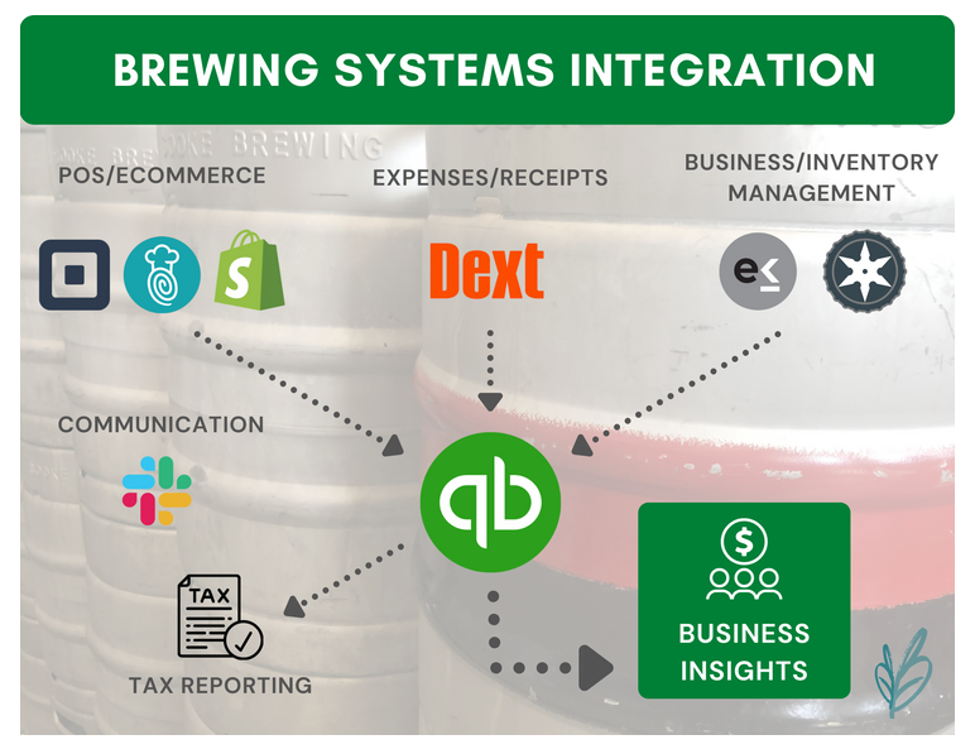I’ve been researching a new vehicle and know that I want to reduce my carbon footprint, especially when I see the impact global warming is making on our planet.
With so many options, I’ve determined my next vehicle will be a plug-in hybrid, and while it will be some time before I need maintenance, I need to make sure I have a reputable dealer, especially for what I think will be a complex car with technology that I can’t even begin to understand other than to drive it.
Just as an auto dealer wouldn’t attempt to do their own books, I wouldn’t attempt to fix my own car, but every vehicle technician is not a mechanic and every mechanic is not a vehicle technician.
Today’s mechanic is not just a wrench and socket person to fix the problem; today’s vehicle technicians are not only trained to deal with sophisticated and integrated systems, but also equipped with diagnostic tools specific to that vehicle.
How does this compare to today’s bookkeeper? There are definite parallels.
Today’s niche bookkeeper is a professional (in my case, CPB – Certified Professional Bookkeeper) who has formal training to ensure transactional recording produces accurate financial statements, while also having the knowledge specific to the industry integrated systems, regulations, and apps. So, for vehicle mechanics, it’s not just the physical act of fixing the problem; they have to identify the problem and use critical thinking to make sure everything works together. They especially have to understand the technical aspects of all the integrated systems.
Just as vehicle systems have become more complex, so has today’s bookkeeping systems, especially for niche industries. For example, my niche is “craft” bookkeeping. The costing and manufacturing processes in breweries, wineries, and distilleries are all different. In addition, a craft business may have three to four sub-businesses: manufacturing, self-distribution, a taproom/lounge, and a retail operation complete with an online store.
As a niche bookkeeper who specializes in the craft beer space, I have to understand how to put the puzzle together. I have to figure out how technical and integrated systems, such as Ekos or Brew Ninja (craft beverage software), integrate with the POS in Square, the online store, CRM systems, and business overhead and payroll into QuickBooks® Online. These represent the backbone systems that a business owner relies on for tax, business planning, and reporting. Add to this staff access, various task management systems, operating 100% in the cloud, and security – yep, critical thinking is necessary to understand and troubleshoot it all!
Today’s niche bookkeeper is a specialized industry technician who not only has formal accounting training, but also understands industry specific regulations, keeps their skills current, and understands how all systems (apps) work together, so that they can design, diagnose, and solve their clients’ problems.

